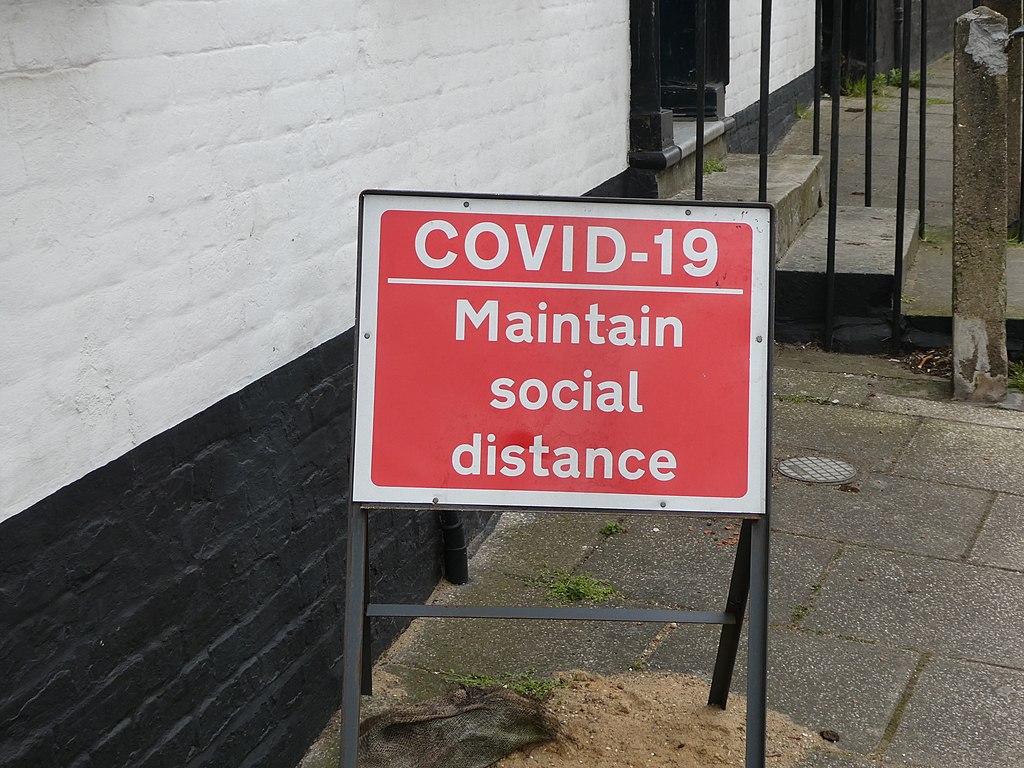
Urban Etiquette, A Research Postcard
by Alex Rhys Taylor
11 January 2022
Originally published on the Old Blog.
When I first decided to look at urban etiquette as a research object in early 2019, it was largely because academics and serious public commentators hadn’t really paid urban etiquette the attention it deserved. At no point in living memory had urban etiquette been rightfully recognised as the fulcrum upon which global urbanised society rests. Instead, manners had become an underacknowledged and underappreciated facet of urban life. This is what attracted me to the subject, but it also presented a methodological problem insofar as people didn’t even know what I was talking about or think the research was interesting. And then a series of events, namely Black Lives Matter, the violent murder of Sarah Everard and The Pandemic, ushered the ‘problem’ of urban etiquette to the heart of political and social consciousness, at least in the UK.
Black Lives Matter was the latest in a long history of anti-racist social movements to cross the Atlantic and call for an interrogation of the incivility that lurks behind many normative forms of urbane civility, as well as the potential progressive uses of radical impropriety. The murder of Sarah Everard also precipitated notable discourses pertaining to manners. The first, characterised by demands akin to those in historical etiquette manuals cautioning women against wearing clothes that attract attention in the street. This discourse was countered by men asking publicly if there “is there anything us men can do to make women feel more comfortable walking home…”. But in terms of their impact on urban etiquette and our recognition of its significance, both events are overshadowed by the pandemic: A deadly virus thriving explicitly on the global, urbanised society at which cities are the heart. A whole host of behaviours, hitherto quietly regulated by barely-spoken-of manners thus became problems. The ways in which we greet one another, talk face to face, walk side-by-side, shop in public or exercise in parks have all become all subject to modification, as a new normal has sought to establish itself.
So, naturally, people are paying attention to urban manners again. The difficulty now is not getting people to talk about urban behavioural modifications or recognise their significance. The task now is wading through the layers of newly politicised narrative that are offered as rationales for adopting, or not, the specific behavioural modifications in question. Urban etiquette has clearly become one of the battlegrounds upon which the conflicts of the 21st century are being played out. And, while I wasn’t initially planning on being a war reporter, I couldn’t feel more privileged to be researching the topic right now.
Dr Alex Rhys Taylor is Senior Lecturer in Sociology at Goldsmiths, University of London.
︎ Image credit: Sebastiandoe5 CC4.0

